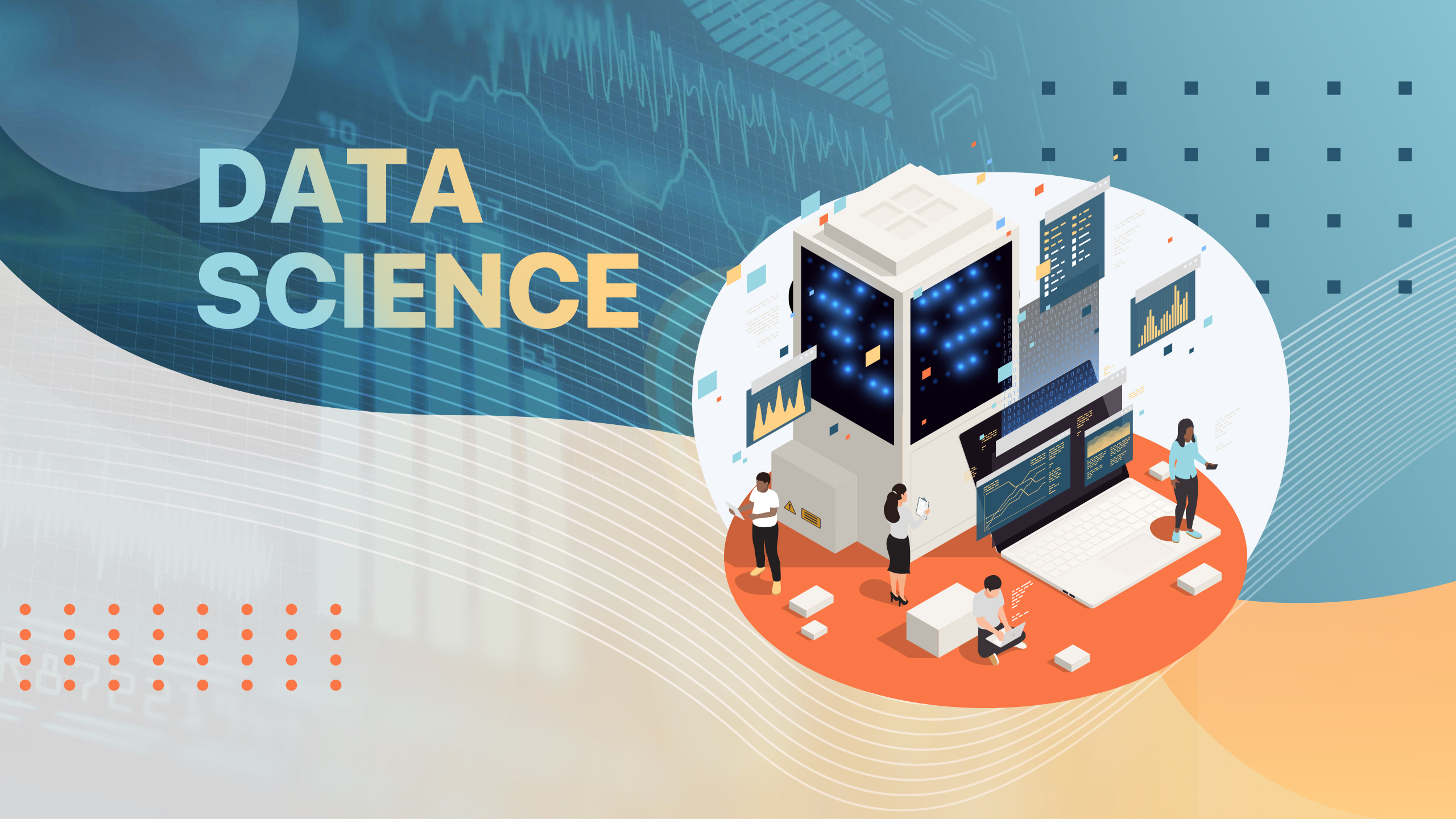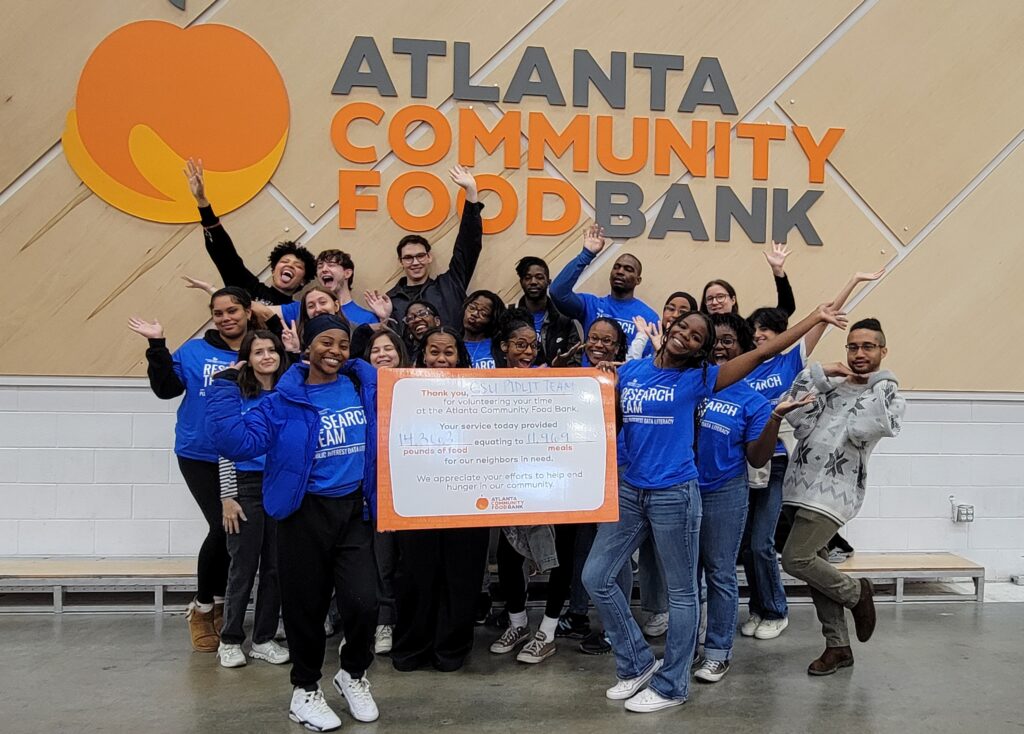
The PIT UNiverse Newsletter
May 2024
Data is often heralded as a new kind of precious commodity, a virtual “gold” or “oil” in humanity’s next frontiers. The phrase “data-driven” has come to imply a special kind of knowledge and insight vastly superior to anything humans created during the 200,000 years of our shared history that preceded modern computers.
Public interest technologists have interrogated this logic from the start, this belief in the power, superiority, and wisdom of data that belies a deeper, almost religious faith in numbers as neutral and quantitative reasoning as a superior way to organize the messy and complex world we inhabit. Public interest technologists continually ask questions about the sources, processes, frameworks, and assumptions that steer our collection and use of data. Without these critical modes of analysis and practice, we risk not only repeating the biases of the past but also baking them into the algorithms that increasingly shape individual and societal outcomes.
In this issue, Francisca Garcìa-Cobiàn Richter (Case Western Reserve University) reminds us that data science and statistics are not neutral, but are fundamentally shaped by power dynamics, and she describes a new framework for integrating community feedback and reducing bias in social science research. Our PIT in Practice Profile illustrates a unique data literacy program at the Georgia State University library and public policy school. Data and human rights takes center stage at the June 6 Tech for Humanity Summit, and registration for the livestream is now open.
As always, we’d love to feature your programs and ideas here in the PIT UNiverse newsletter – get in touch with us via the form at the bottom of this page.
Numbers Never Speak for Themselves

PIT in Practice: Georgia State University

What is the role of data in securing human rights and dignity? The second annual Tech for Humanity Summit on Thursday, June 6 will convene thought leaders from civil society, government, academia and industry to develop shared visions for a humane and democratic technological future.
The 2024 Tech For Humanity Prize will be awarded to Inioluwa Deborah Raji for her research, writing and advocacy around racial and gender bias in data systems, machine learning and artificial intelligence.
Join the livestream to hear insights from speakers across the PIT ecosystem including Sareeta Amrute (Data & Society), Rashida Richardson (Mastercard) and Meme Styles (Measure).

Measure leverages data activism to empower communities and drive systemic change, particularly in underserved areas. By engaging directly with communities and using data as a tool for advocacy, Measure aims to create more equitable and inclusive systems.
Founder & President Meme Styles will be a panelist at the Tech for Humanity Summit – register for the livestream to learn more about Measure’s unique approach to driving equitable change.
Representation of Latines in the Tech Sector
A new report from the Kapor Foundation shows that the Latine community, which accounts for half of the country’s population growth, remains on the periphery of the tech sector. New America’s Alberto Rodriguez-Alvarez explores the report’s insights, in particular the role that Hispanic-Serving Institutions and community colleges can play in developing Latine talent for PIT careers in the private and public sectors.
Public Interest Technology in the Datafied State
For people working in an increasingly “datafied” public sector, what does it look like to practice public interest technology? As part of a new series with Data & Society, Maria Filippelli explores common scenarios she has encountered during her wide-ranging PIT career, like working with outdated government procurement processes and balancing tensions such as timelines, stakeholder expectations, and policies.
Datasets and Visualizations from American Inequality
Looking for high-quality data and maps for upcoming courses or projects? American Inequality highlights the biggest social issues of our time, from inequalities in life expectancy, internet access, surveillance, wiretaps, food deserts, and more. Explore the datasets here, and subscribe to the newsletter for full access.
Data & Democracy Workshops: PIT-UN is supporting a workshop series this August from San José State University that will help election officials, policy professionals and researchers leverage Geographic Information Science and Technology (GIST) to bolster free and fair elections in 2024 and beyond. Please forward this link to professional organizations, Listservs, email newsletters, LinkedIn groups and colleagues to help us reach people who would benefit from these workshops.
Data Science, Machine Learning, and AI for Social Good: A summer fellowship program at Carnegie Mellon University is finding success leveraging data science, machine learning, and AI to work on public housing and mental health projects. Learn more about the projects and how Rayid Ghani has built the Data Science for Social Good program.
HBCUs are Harbingers, Leaders, & “Critiques” of the Public Interest Technology Field: On Monday, May 20 join the #BlackTechFutures Institute for a webinar exploring the founding and future work of HBCUs in developing Black thought leaders in social justice and technology. Featuring Fallon Wilson, Yolanda Page (President, Stillman College), Denise Ferebee (Rust College), Leah Alexander (Meharry Medical College), and Kevin Harris (Stillman College). Register here.
Francine Berman (UMass Amherst) to Receive Pioneer in Tech Award. In recognition of her work to grow public interest technology, in particular the recruitment, retention, and advancement of women STEM and computer science, Fran will be honored on May 20 at 2 p.m. ET by the National Center for Women & Information Technology at its annual conference. Watch the livestream here.
The George Washington University will host a webinar on May 22 on whether and how the U.S. could establish a public funding for AI development. Learn more and register.
Applications are open for Boston University’s New England Computing & Data Science Rising Stars Program, which aims to connect emerging scholars to networks that will help them navigate their way through the unique interdisciplinary landscape of public interest technology. Apply or nominate a colleague by May 31.
Calling all PIT Students! The Siegel Family Endowment and Roadtrip Nation are fueling a new public interest technology adventure to help young people explore what it means to work on technology for the public good. Apply by June 2 to travel the country, meet inspiring people changing the world, and see how you can become a public interest technologist with any major.
New Book: Cracking the Bro Code. A bold ethnographic study of sexism and racism in contemporary computing cultures by Coleen Carrigan (University of Virginia) shares the direct experiences of women, nonbinary individuals, and people of color, including her own experiences in tech, to show that computing has a serious cultural problem.
Worcester Polytechnic Institute is looking for an outstanding teacher/scholar working at the intersection of artificial intelligence, and public policy with expertise in both policy and some form of AI to be a visiting professor for AY 24-25. Learn more and apply by contacting Robert Krueger, krueger [at] wpi.edu.
Interested in writing for this newsletter, or having your program featured?
We’re seeking writers and projects for…
- June: PIT & Humanities (submissions due May 23)
- July: Artificial Intelligence (submissions due June 20)
- August: PIT & Entertainment (submissions due July 18)
- September: PIT & Climate Change (submissions due August 15)
Fill out this form, and we’ll be in touch.
-Andreen & the PIT-UN Team

